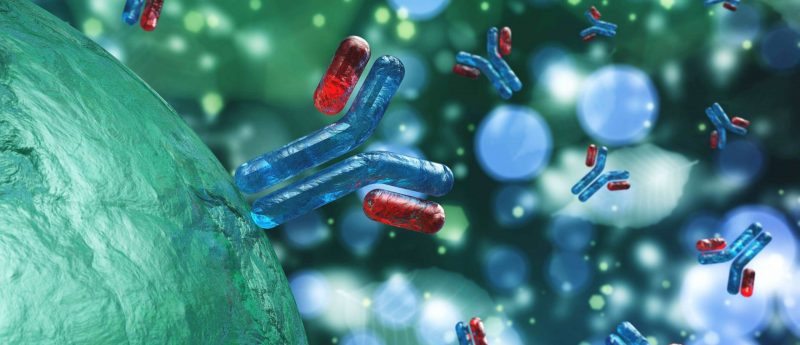Engineered antibodies could have a role in regenerative medicine

Engineered antibodies have been shown to potently and specifically activate regenerative pathways in cells. It is possible that these engineered antibodies may form the basis of a new class of therapeutics in the regenerative medicine field.
Researchers based at the University of Toronto (ON, Canada) have engineered antibodies that potently activate Wnt signaling circuits and have demonstrated their ability to activate stem cells in vivo. It is hoped that utilizing such engineered antibodies could form the basis of a new class of regenerative therapeutics.
The newly engineered antibodies have been shown to specifically and potently activate Wnt/Frizzled pathways. These pathways have several responsibilities, ranging from instructing stem cells to form tissue in the embryo, to activating stem cells that facilitate tissue repair following injury in adults.
Previous research looking to exploit Wnt as a regenerative medicine tool has faced difficulties due to the lipid-bound nature of the protein, making it both difficult to purify and poorly tractable as a therapeutic agent due to its poor aqueous solubility.
In this study, published recently in eLife, researchers overcame the difficulties associated with isolating Wnt proteins by engineering antibodies that behave like them. The engineered antibodies function as agonists for two classes of Wnt surface receptors, Frizzled and LRP5/6, and are therefore known as known as Frizzled and LRP5/6 agonists (FLAgs). Importantly, the engineered antibodies possess water solubility, improving their potential for therapeutic development.
Moreover, FLAgs possess four binding sites compared with the two binding sites found on natural antibodies. This new molecular configuration can be modified to produce an engineered antibody that replicates one of the hundreds of specific Wnt-receptor combinations, allowing specific receptors to be targeted.
The researchers discovered that the engineered antibodies behave as substitutes for Wnt proteins — when added to cell culture, FLAgs successfully stimulated the formation of 3D stem cell-derived intestinal organoids. Co-first author Stephane Angers from the Leslie Dan Faculty of Pharmacy at the University of Toronto, explained: “These 3D organoids hold great potential for research and drug discovery but to grow them you need a source of Wnt proteins to activate stem cells.”
By utilizing FLAgs as Wnt substitutes, the researchers hope that the growth of organoids from various tissues can be supported. Angers states: “This is going to be really important and transformative for a lot [of] people in the field.”
The team also report that FLAgs injected into mice successfully activated stem cells in the gut, demonstrating stability and activity in vivo. These data raise hopes that FLAgs may have a future in human regenerative medicine, with the authors concluding in their article: “The antibody-like character and bioavailability of FLAgs opens up new therapeutic possibilities for the mobilization of stem cells to promote tissue regeneration […] in human disease contexts.”
Sources: Yuyong Tao, Monika Mis, Levi Blazer et al. Tailored tetravalent antibodies potently and specifically activate Wnt/Frizzled pathways in cells, organoids and mice. eLife, doi:10.7554/eLife.46134 (2019); www.sciencedaily.com/releases/…